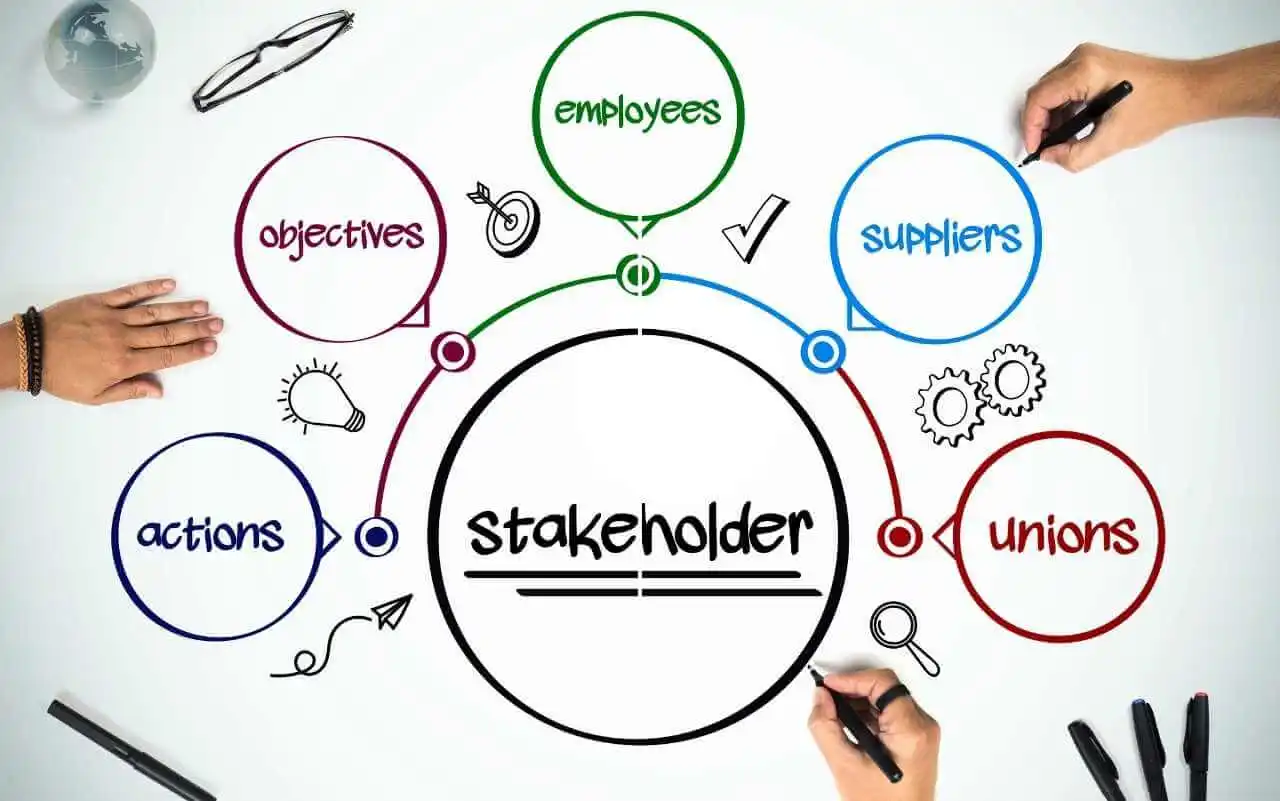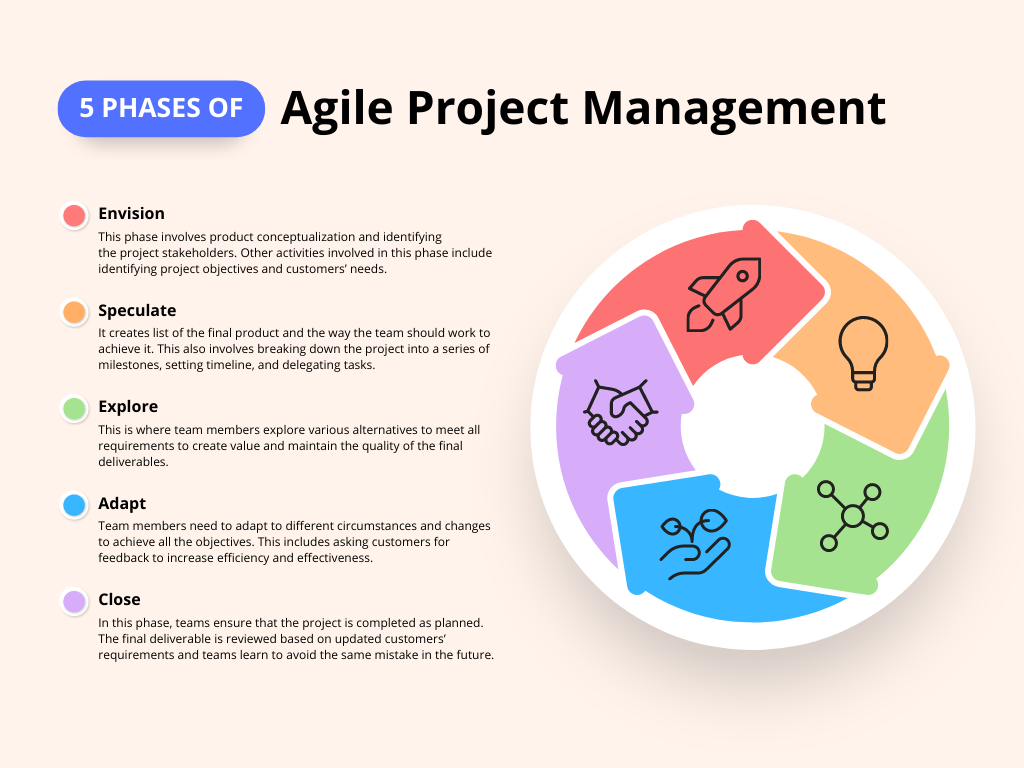
Over the last few years, the world has experienced great and significant changes. Even more so because of the COVID-19 pandemic. These changes also had an impact on the professional world.
So what new skills and project management trends have come about as a response to these changes? This article looks into four trends that are mainstream in the project management industry in 2023 and beyond.
4 Project Management Trends in 2023
1. AI in project management
Artificial intelligent bots have become a widely accepted resource tool ever since the 2020s. The use of them is one project management trend that is becoming prevalent in the digital space today. AI makes predictions about future project outcomes by analyzing historical data and patterns.
AI in project management also enables project managers to prepare for delays early on and take measures to mitigate these problems. Artificial intelligence can optimize the process of report generation and distribution. And it provides insight into the project manager’s decision-making processes.
Benefits of AI in project management
AI makes the work process of project managers and their team members more –
- Efficient
- Accurate
- Consistent
- Time-saving
- Risk-proof
Cons
- The quality of data in which AI makes its comprehensive analysis must always be reliable and updated.
- There are some ethical concerns about using AI, especially in today’s corporate society.
- Human judgment is still needed to make decisions.
2. Resource planning
Recent surveys have proven that resource planning is a project management trend that is becoming more and more important, even at the highest levels. Everybody has to be involved.
Benefits
- Resource planning, as a project management trend, streamlines the allocation of resources
- It also helps to balance workloads
- Effective planning and appropriation of resources helps in successful risk mitigation
Challenges
- It can be challenging to balance the availability of resources and set priorities for large and multifaceted projects.
- Conflicts can arise when multiple projects are fighting for limited resources.
- Resources might not always align with the project’s needs even though there was a planning phase.
3. Agile and hybrid project management methodologies
Agile is a methodology in project management that focuses on collaboration, flexibility, and incremental development. It emphasizes delivering smaller, functional parts of a project in short cycles while regularly engaging with stakeholders, and the project is casually refined based on feedback.
Nowadays, this technique is usually combined with other project management methodologies to form a hybrid system with better results. A hybrid methodology combines elements from different methodologies tailoring it to the needs of the project and the organization.
Pros of the Agile methodology
- Iterative development
- Customer collaboration
- Cross-functionality
Benefits of hybrid project methodologies
- Integration of legacy systems
- Tailored solutions
- Improved risk mitigation
Challenges
- Communication problems
- Resource allocation
- Complexity
4. Remote project management tools and techniques
This involves coordinating and overseeing projects when team members are in different locations or remote locations.
Remote project management tools are –
- Communication tools such as video conferencing, e-mails, instant messaging, etc.
- Document sharing and collaboration tools such as cloud storage, project management software
- Virtual whiteboards
- Time tracking and productivity tools
- Virtual reality and augmented reality
Whereas, remote project management techniques include the following:
- Establish proper communication channels
- Set goals and set milestones
- Maintain a repository for project documents
- Schedule regular meetings and check in one on one with team members
- Encourage the use of time-tracking tools to properly manage workhours
- Embrace flexibility
- Clearly define roles and responsibilities
- Adopt and use the agile method of project management
Benefits
- It allows access to a global pool of project management talent, enabling organizations to hire and work with skilled professionals around the world
- Team members have the flexibility to work in locations that suit them best
- Organizations can reduce costs such as office space and overhead costs
- Reduces the stress of commuting to work locations
Challenges
- Remote teams may find different time zones or cultural nuances to be one of those things that will hinder the progress of the project
- The absence of in person-relation can impact team cohesion
- Isolation and loneliness
- Technical issues
Wrapping Up
The project management trends discussed here have the potential to enhance decision-making, streamline the allocation of resources and lead to a much-improved outcome. Bear in mind that the success of any of these project management trends in your project is dependent on the project type and goals.
Even as these trends have their execution challenges, successful project managers find their way around the hurdles to produce results. In general, because of their pros, the above four trends will most likely stay rooted in the project management sphere for a long time coming.







